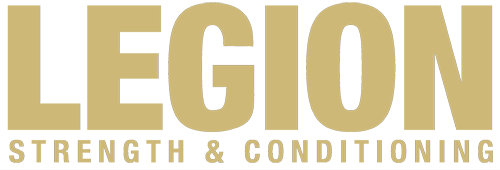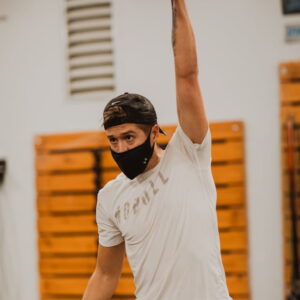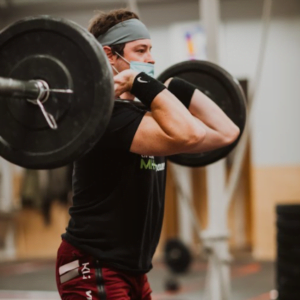As athletes start to get back into the gym, a lot of people are going to be touching barbells and pull-up bars for the first time in months.
Even if you’ve been doing a lot of push-ups, running and DB snatches, that doesn’t mean that you’re going to be prepared to jump right back into thrusters and pull-ups.
What should athletes be thinking about to avoid injury? How much should athletes expect to have lost in their strength? What’s the first really high intensity workout back going to feel like? And, how should you react when your performances are much worse than you’d like?
Check out the full conversation with Jon, Luke, Todd to learn:
- What movements are the most likely to give people trouble after significant time out of the gym?
- What percentage of your previous maxes should you be expecting to lift if you haven’t been using a barbell for a few months?
- How long will it take to “feel fit” again?
Listen Here
- iTunes
- Overcast
- Google Podcasts
- mp3
- Or stream here:
- If you’re enjoying the show, why not a leave a review? It makes a difference in terms of other people finding the show.
Show Notes:
- [00:13] If people are getting back into the gym after only doing lunges and push-ups for the last few months, what should they be thinking about in terms of jumping back into more “CrossFit” movements?
- [06:18] What are some ways to create intensity that don’t rely on high volume of movements that we may not be used to – like kipping pull-ups? What should people be expecting in terms of their ability on strength work if they’ve been away from barbells?
- [15:10] What will it feel like getting back into conditioning at high intensity? How often should athletes be doing “hard” workouts?
- [21:12] Most athletes will be worse at things they haven’t been doing while out of the gym. Even though it will probably come back, it doesn’t mean that it isn’t painful to do worse. How should athletes handle the emotional hit of performances that aren’t up to their expectations?
- [31:12] Summary of recommendations: pay attention to eccentric volume, especially of movements you haven’t been doing. Understand the timing for regaining “lost” fitness. Be prepared for the negative emotions you’ll probably experience when getting back into training.




